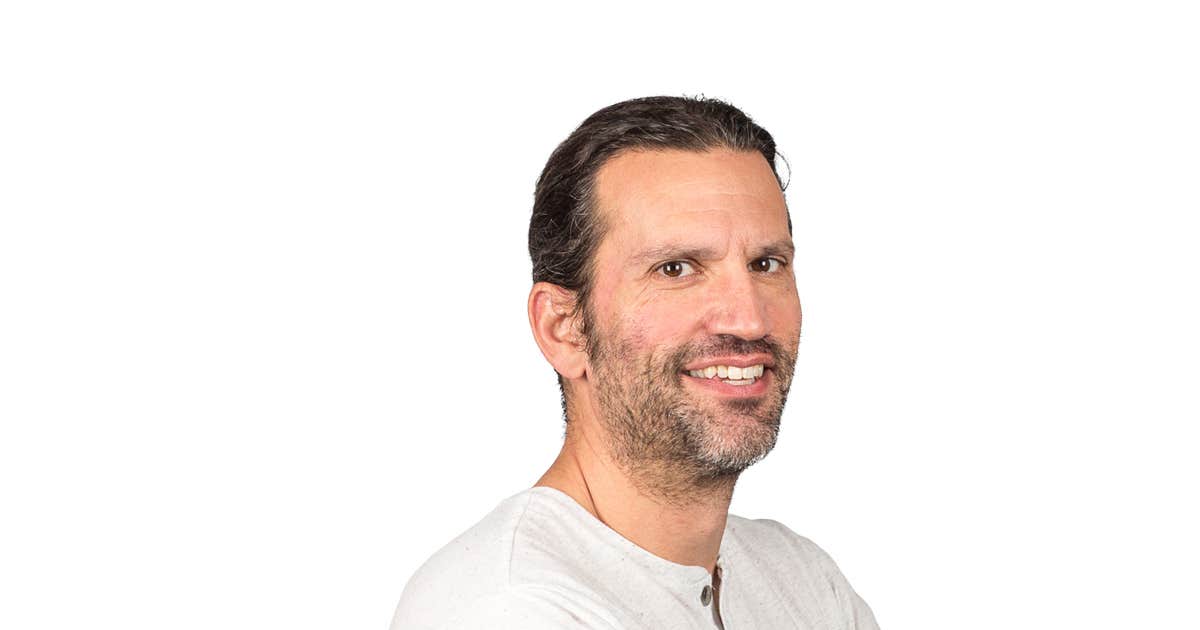Let’s get straight to the point: Quebec media are increasingly flirting with lies. They are largely to blame if they see their love rating dropping these days with a certain audience. They also have the key to solving this problem. Here’s why.
We can point to the erosion of media revenue due to the Internet and GAFA, but the truth is that every day the line is blurring a little more between information content, entertainment content and advertising. Unsurprisingly, digital media and an ever-growing group of influencers are no stranger to this kind of confusion.
A large part of the audience does not pay much attention to the difference between the content they see on one of the screens they consult daily. For these people, all this is “media”. It’s no surprise that more and more people are saying they’re concerned about it… UQAM media by Patrick White. The Montreal journalist and writer is skeptical of the study result Edelman published in March, which reports only 59% Quebec trust in the work of journalists.
The expert believes that the PR firm sought to respond more than to correct the situation. More credibly, a university study conducted at the end of 2019 led by Laval Professor Emeritus Florian Sauvagoux proved that 83% of Quebecers have “extremely” or “somewhat” trust in the news media. Only 34% of respondents said they trust social media content.
According to Patrick White, this is the kind of nuance about the different forms that the media takes that can be taught in school. “The kind of role that the future course on culture and citizenship in Quebec could play, which will replace courses in ethics and religious education,” he said, adding that “it is the responsibility of the media themselves to do that. So in their own space by being more transparent about how to create Stories, titles, and other content.”
Ethics and tact
In all this muddled mix, traditional media sometimes plays with fire. A sports journalist who becomes the spokesperson for a sports betting site not only puts his professional credibility to the test, but he also does so against the FEFP code of ethics.
This can give the impression that journalists will say anything as long as they are paid to do so… It must be emphasized that advertising space is the hunt for good speakers in the media. Evidence: Anyone who has compared a hamburger seen on TV to the kind of brown patty found at the bottom of a fast food box can attest to this “alternative reality” that advertising sells.
If the ovary is whiter than the white, the ads are greener than green. In recent years, it only took a few hours after he publicly questioned the environmental value of coffee machines sold by Nespresso and Korig for a representative from one of the two brands to respond and confirm that the business takes full account of environmental issues.
However, this is a mistake. The Canadian Competition Bureau had to intervene last January. Keurig was fined $3.8 million for its “false or misleading” environmental claims. Its capsules are simply not recyclable in the current Quebec system.
In a notice published a few days later, the bureau warned: “With the increase in ‘green’ products, there is an increase in false, misleading or unsubstantiated environmental claims, which are illegal in Canada.”
In the US, the Securities and Exchange Commission (SEC) will take matters into its own hands to combat green bleaching. The US Financial Authority will tighten rules that allow companies to confirm that they respect the famous “ESG Standards” (Environmental, Social and Good Governance).
The Securities and Exchange Commission (SEC) will set standards to ensure that everyone uses the same ESG standards. For example, it will determine how to calculate greenhouse gas emissions and how to reliably calculate their carbon footprint.
The SEC effect doesn’t make it to Instagram, as the influencer only needs the hashtag #ad hidden somewhere – yes, in English too – at the end of the post to brag about the camera of the latest smartphone, and then to pocket a few thousand dollars that the aforementioned phone manufacturer gave him.
Because basically, of course, it’s all about money. Kibekor Media and these influencers have the same business model: seducing the target audience to better pay the bills. The way to get there is different, but it is less visible on social networks, which poorly separate journalists and editorial writers from comedians who become spokespeople and creators of often questionable content.
Canadian media philosopher Marshall McLuhan made himself famous by saying that the medium is the message. McLuhan himself then went on to make a comedic appearance in the Woody Allen movie. There again, foreshadowing of what we see fifty years later: the more intertwined the media, the more blurred the message.
Who benefits from this confusion if not forgers?
Let’s see in the video

“Total creator. Evil zombie fan. Food evangelist. Alcohol practitioner. Web aficionado. Passionate beer advocate.”

